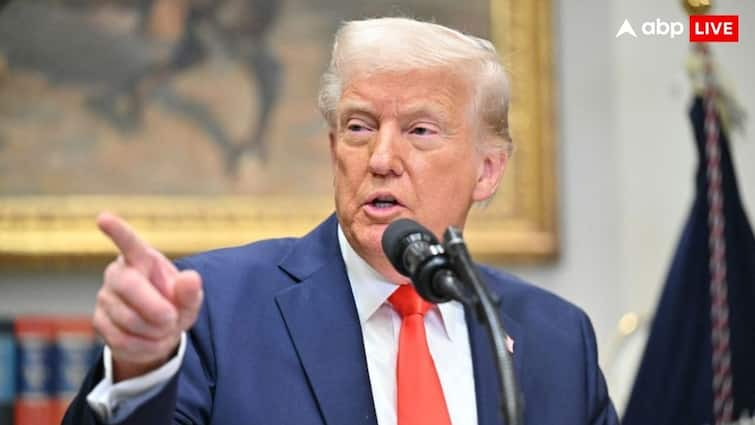The President of the United States, Donald Trump, has announced Antifa as a “Major Terrorist Organization.” He made this declaration in a post on his social media platform, Truth Social, warning of a thorough investigation into those funding the group and emphasizing that it would be conducted “in accordance with the highest legal standards and practices.” In his post, he also described Antifa as “a sick, dangerous, radical left disaster.”
Trump wrote:
“I am pleased to inform our many USA patriots that I am designating ANTIFA, A SICK, DANGEROUS, RADICAL LEFT DISASTER, AS A MAJOR TERRORIST ORGANIZATION. I will also be strongly recommending that those funding ANTIFA be thoroughly investigated in accordance with the highest legal standards and practices. Thank you for your attention to this matter!”
What Is ANTIFA
ANTIFA (short for “anti-fascist”) is not a centralized organization but a loose network of activists opposing fascism, racism, and far-right extremism. Its origins date back to European anti-fascist groups of the 1920s and 1930s. In the US, ANTIFA gained visibility through punk and anarchist circles and became more prominent after the 2017 Charlottesville rally, where a counter-protester was killed. Supporters engage in protests and counter-demonstrations, though critics argue that some tactics, such as property damage, verge on violence.
Can the US Label Domestic Groups as Terrorists?
Under current law, the US can designate only foreign organizations as terrorist groups. There is no legal mechanism for branding purely domestic movements as terrorists, as this would conflict with First Amendment protections. While individuals can be prosecuted for violent acts, political affiliation itself cannot be criminalized.
Legal Concerns
Efforts to classify ANTIFA as a terrorist group could face constitutional challenges. Potential risks include:
- Funding Investigations: Tracking money behind violence is legal, but targeting donors based solely on ideology may violate free speech rights.
- Surveillance Expansion: A “terrorist” label could justify expanded monitoring of activists or journalists.
- Chilling Effect: Branding a diffuse movement as terrorists might discourage lawful protest.
Political and Global Implications
Trump’s announcement feeds into partisan debates over “radical left extremism” and could intensify polarization ahead of elections. Internationally, such a move might weaken US credibility when criticizing regimes that label domestic dissent as terrorism.



